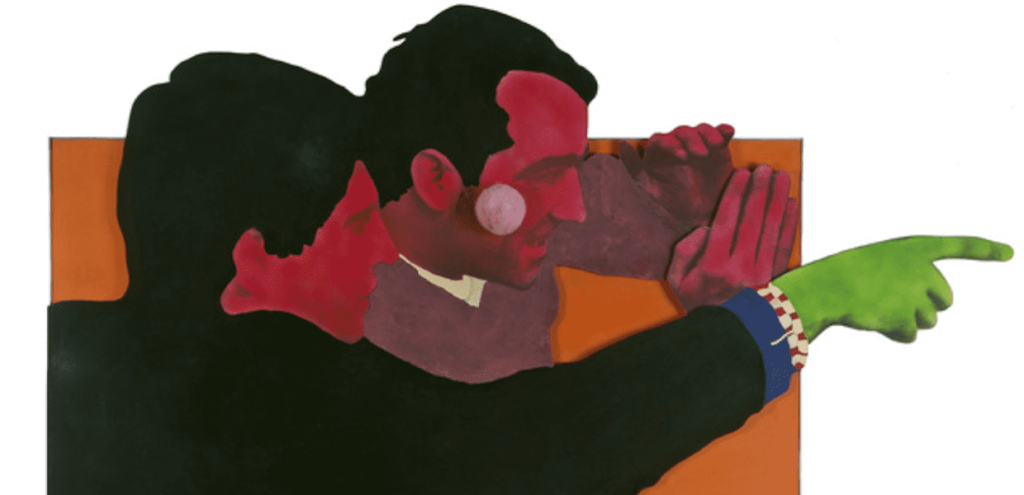Psychopharmacology
 Milder mental health disorders may respond to either talk therapy or a psychopharmacological approach, but for more serious cases, a combination of the two is the most effective treatment. Barry J. Richman, MD, is a board-certified psychiatrist who specializes in diagnosing and treating a variety of mental health problems at his clinic in Manhattan, New York. In addition to being a skilled psychotherapist, Dr. Richman is also an experienced NYC psychopharmacology doctor who knows when to intervene with medication for the best outcome and for the benefit of his patients. Call Barry J. Richman MD Psychiatry today to arrange a consultation, or book an appointment online.
Milder mental health disorders may respond to either talk therapy or a psychopharmacological approach, but for more serious cases, a combination of the two is the most effective treatment. Barry J. Richman, MD, is a board-certified psychiatrist who specializes in diagnosing and treating a variety of mental health problems at his clinic in Manhattan, New York. In addition to being a skilled psychotherapist, Dr. Richman is also an experienced NYC psychopharmacology doctor who knows when to intervene with medication for the best outcome and for the benefit of his patients. Call Barry J. Richman MD Psychiatry today to arrange a consultation, or book an appointment online.
What is psychopharmacology?
Psychopharmacology is a field of medicine that focuses on the use of medications for treating patients who have mental health disorders.
Medications have two effects. The first is the effect the medication has on your body when you take it, which is called pharmacodynamics. The second is the effect your body has on the medication, which is called pharmacokinetics. Psychopharmacologists have to be experts in understanding these principles, as well as:
- How available a medication is to the body (protein binding)
- How long a medication stays in the body (half-life)
- The influence of genes which vary widely from person to person (polymorphic genes)
- How medications interact with each other
Anyone prescribing medications to treat patients with mental health problems needs to have detailed knowledge of topics such as neuroscience, clinical medicine, and psychopharmacology in addition to their expertise in diagnosing and treating psychiatric illnesses.
What kinds of medications are used in psychopharmacology?
Many different medications may be used in psychopharmacology. The kinds of drugs Dr. Richman is most likely to prescribe include:
- SSRIs (selective serotonin reuptake inhibitors)
- SNRIs (selective norepinephrine reuptake inhibitors)
- Bupropion antidepressant medication
- Neuroleptics (antipsychotic medications)
- Atypical antipsychotics
- Mood stabilizers
- Anticonvulsant medications
- Tricyclic and tetracyclic antidepressants
- MAOIs (monoamine oxidase inhibitors)
- Anti-anxiety medications (typically benzodiazepines)
- Stimulants
Although the way each drug works varies and in some cases isn’t fully understood, in many cases, they affect the neurotransmitters in your brain. Neurotransmitters are chemical messengers that pass signals between the neurons and cells in your brain, and they’re closely linked to mood disorders and mental health dysfunction.
Many psychopharmacological medications act on these neurotransmitters, either by inhibiting or in some cases stimulating their release, or preventing their reuptake in your nervous system.
How does psychopharmacology affect me?
Despite their proven effectiveness, psychiatric drugs are still viewed with suspicion by some patients. For most people who have debilitating mental health problems, the best approach to treatment is a combination of medication and psychotherapy.
If you have any concerns about the medications Dr. Richman prescribes to you, he’s happy to discuss your treatment with you and the reasons he believes it’s the best approach. It’s important for you to be in agreement with your treatment and feel empowered to express any concerns that you may have.
For more information or to book an appointment, call Barry J. Richman MD Psychiatry today at 212-889-5463 or book online using the simple online form.

